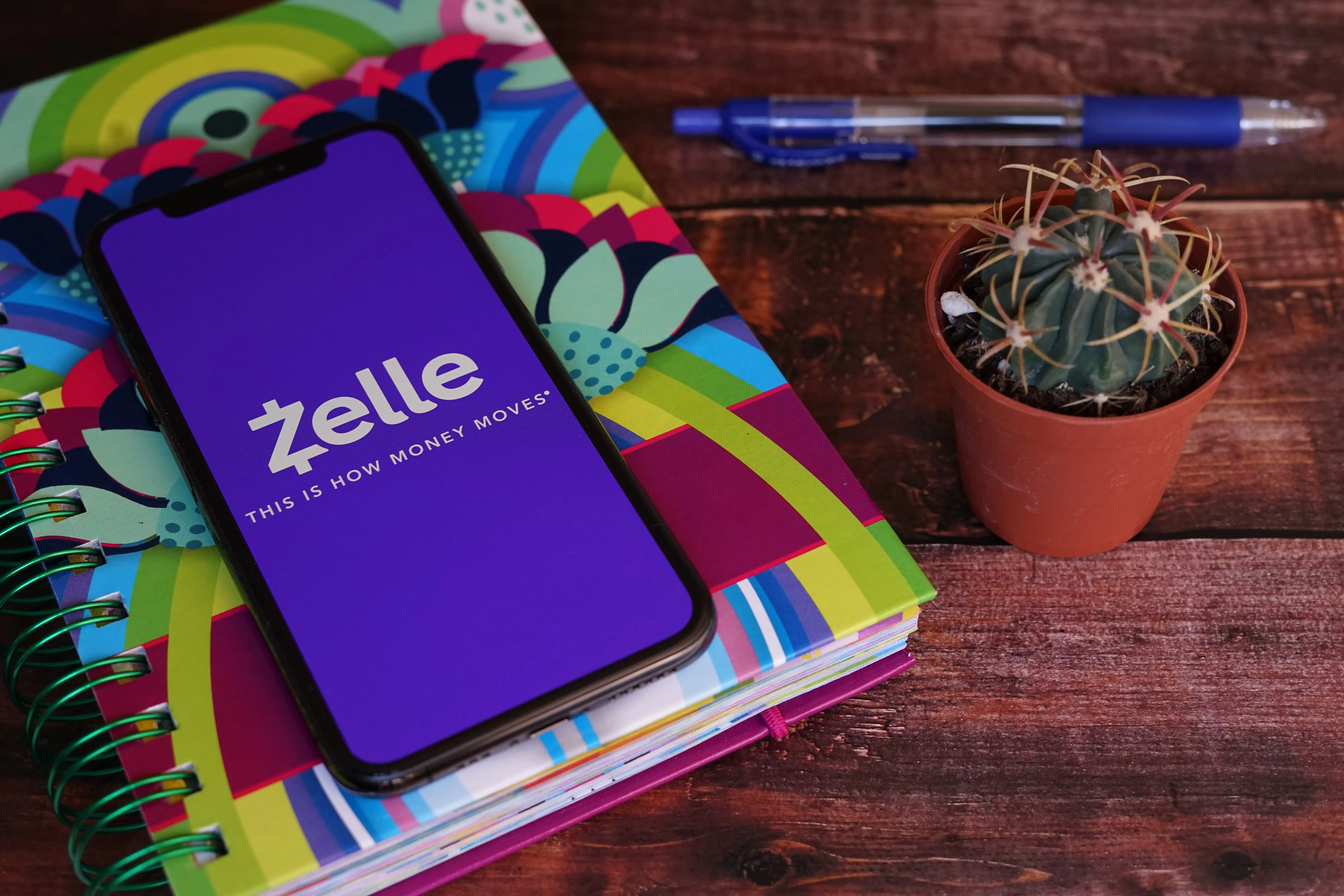New Zelle Scam Uses Crafty Methods to Get Criminals into Your Bank Account
Home Help Center New Zelle Scam Uses Crafty Methods to Get Criminals into Your Bank Account

- In the latest Zelle scam, identity criminals send you a text message about a fraudulent Zelle transaction. They assume you will call your bank and have to wait for a callback. Then the scammers call back, posing as your bank.
- According to a story by KPRC 2 in Houston, criminals ask victims to set up a reverse transaction in Zelle to get their money back. However, identity thieves take off with the money and bank account information.
- To avoid this Zelle scam, remember that banks will not ask you to transfer money out of your account into theirs. Only initiate transfers with someone you know and trust. Also, always exercise good cyber-hygiene to protect all your online accounts.
- If you fall for a Zelle or similar scam and the bank refuses to refund your money, file a police report, as well as a complaint with the Consumer Financial Protection Bureau and the Federal Trade Commission.
- To learn more, or if you believe you are the victim of a Zelle scam, call the Identity Theft Resource Center toll-free by phone (888.400.5530) or live-chat on the company website idtheftcenter.org.
Many of us have received phony text messages asking us to confirm a transfer we did not make. According to a report to KPRC 2 News in Houston, identity criminals are taking the scam a step further. In a new Zelle scam, criminals don’t just pose as trusted banks in text messages asking about a fraudulent Zelle transaction – they call you too.
Who are the Targets?
Digital wallet users; bank customers
What is the Scam?
Identity criminals pose as a bank and text you asking if you attempted a Zelle (or another digital wallet) transaction. They assume you will call the bank and be told to wait – then call you minutes later, posing as the bank calling you back. The criminals act like they are looking at your account and may ask about other phony money transfers. They then have you set up a reverse transaction in Zelle to get the money back. However, it is a Zelle scam; any money you transfer is gone, and the scammer now has your banking account information, too.
What They Want
They are looking to steal your money, as well as your bank account information. Your bank account information can be used in many ways to commit identity crimes, including financial identity theft or fraud.
How to Avoid Being Scammed
- Banks and financial institutions will not ask you to transfer funds between accounts to prevent fraud. You should initiate every transaction you make on a digital wallet like Zelle. Even if you initiate the transaction, only send money to people you know and trust. Never transfer money as a result of an unexpected text.
- Protect your online accounts. Use 12+ character unique passphrases, secure browsers and multi-factor authentication with an app. These steps will reduce the likelihood of an account takeover.
- Reach out directly to the source. Never click on a link or respond to a message you are not expecting. Instead, reach out directly to the source to verify the message. In the case of the new Zelle scam, contact your bank at the phone number listed on their website and stay on the phone until you can speak with a representative to ensure you are actually talking with your bank.
- Do not share personal or financial information when possible. While some online transactions may require you to divulge personal information, do not share it if you are not asked. The less information you share, the less likely you are to fall victim to an identity crime.
What to Do If You Are Scammed
If you fall for a Zelle or similar scam and the bank refuses to refund your money, file a police report and a complaint with the Consumer Financial Protection Bureau (CFPB) and the Federal Trade Commission (FTC). Save all of your paperwork, texts and notes.
Contact the ITRC
If you have additional questions about the Zelle scam, believe you were a victim of the scam, or are a victim of identity theft, contact us. Speak with an ITRC expert advisor toll-free by phone (888.400.5530) or live-chat on the company website. Just visit www.idtheftcenter.org to get started.
How much information are you putting out there? It’s probably too much. To help you stop sharing Too Much Information, sign up for the In the Loop.
Get ID Theft News
Stay informed with alerts, newsletters, and notifications from the Identity Theft Resource Center

